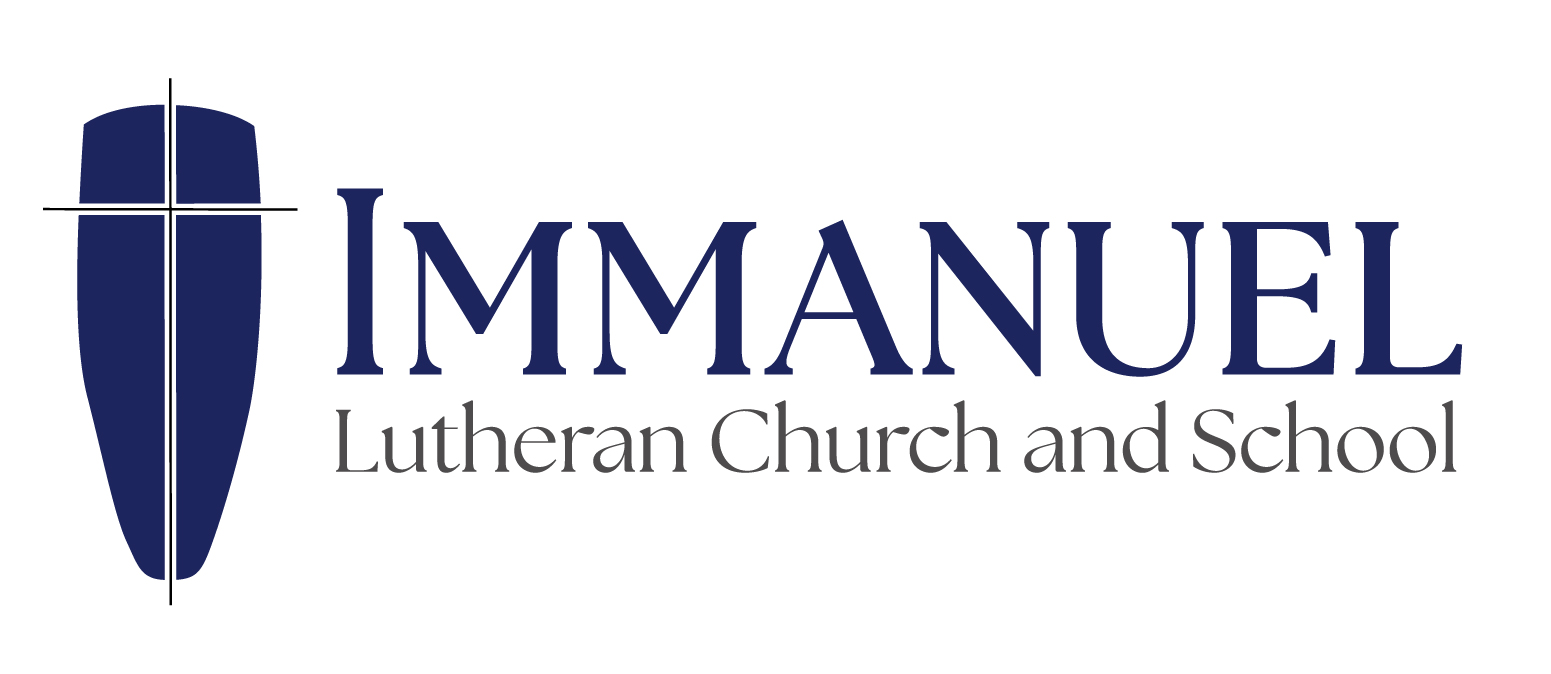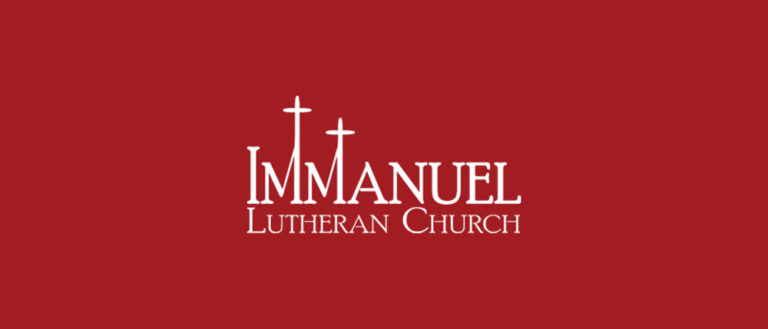Introduction How an individual views the origins of the earth will affect how he views the use of it. We know that God has created all things and that the earth and its environment are gifts from Him. Because this truth is so widely discounted and rejected, we can expect many errant perspectives concerning the earth. You can be sure that there is some false thinking afoot when a society champions the preservation of animals at the same time it champions the killing of human babies. We’ll briefly consider a few misguided views concerning the earth and then also God’s view.
The “Mother Earth” view: Some individuals who reject the truth of God’s creation look to “Mother Earth” as the source of life. In this case, the earth itself must be protected at all costs. Furthermore, the things in the earth—plants, animals, mankind—are all equally part of what the earth has given us and should be accorded equal status with one another. Under this perspective, we are brothers and sisters with the plants and animals. God’s Word refutes this false thinking when it says, “Professing to be wise, they became fools, and changed the glory of the incorruptible God into an image made like corruptible man—and birds and four-footed animals and creeping things…[who] worshiped and served the creature rather than the Creator.” (Romans 1:22-23,25)
The “Me First” view: Another approach to the environment is one that simply looks at “what’s in it for me?” Some people show virtually no care for the resources God has placed in the world. They pursue whatever course will bring profit or prestige to themselves with no regard for the earth’s well-being. Poachers are an example of those who operate with this view. Those who view the environment in this way forget that there is nothing in the earth that is theirs. Rather, the earth and everything in it belongs to God. He is the owner and we are answerable to Him for its use. “The earth is the Lord’s, and all its fullness, the world and those who dwell therein. For He has founded it upon the seas, and established it upon the waters” (Psalm 24:1-2).
The “Sky is Falling” view: Environmental issues are sometimes presented in a way that produces fear: “If we do this or don’t do that, the world as we know it will cease to exist!” It is important to understand that this view grows out of evolutionary belief. If someone believes that our existence is by random happenings and evolutionary process and that there is no eternal God who created all things and is preserving all things, then it is a fearful prospect to see anything change. If one relies on the earth as his god, then a change in the pattern of weather, the diminishing supply of a particular resource, and many other things will send you into unbelievable fear. But true hope and confidence aren’t in the durability of the earth. They are found in the faithfulness of the Creator who sustains the earth. Confidence in God’s preservation does not lead to a cavalier attitude concerning the environment. But living as stewards in the earth we do not need to be afraid that the earth will fail to support our life and well-being. God will preserve the earth until Judgment Day. “While the earth remains, seedtime and harvest, cold and heat, winter and summer, and day and night shall not cease” (Genesis 8:22).
God’s View: A proper view toward the stewardship of our environment begins with Creation. “God blessed [Adam and Eve], and said to them, ‘Be fruitful and multiply; fill the earth and subdue it; have dominion over the fish of the sea, over the birds of the air, and over every living thing that moves on the earth’” (Genesis 1:28). God created mankind as the crown of all creation. He created the earth and everything in it to serve mankind and his needs. The earth and its resources are ours to dominate and use as a gift from God.
When we remember that everything on the earth belongs to the Almighty God and that we are His stewards—caretakers—it will be a reminder to use what is His wisely. It is neither wise nor faithful stewardship to carelessly use the resources that God has given us by polluting and destroying them. It is neither wise nor faithful stewardship of the resources God has given us to use them wastefully with no regard to their limitations. It is neither wise nor faithful stewardship of the resources God has given us to disregard alternative ways of meeting our needs that would have a lesser negative impact on our environment. It is neither wise nor faithful stewardship of the resources God has given us to sacrifice the quality of the earth for self-indulgence and luxury when our needs could be met in a less destructive way.
As Christians we seek to be wise and faithful stewards of the resources God has given us. At the same time we should not be afraid to use those things which God has given us to use. A proper and God-pleasing approach uses the gifts He has given, but does so with care and wisdom as wise stewards of a beautiful gift given to us for our time of grace. “O Lord, You preserve man and beast. How precious is Your loving kindness, O God! Therefore the children of men put their trust under the shadow of Your wings” (Psalm 36:6-7).
—Pastor Wayne C. Eichstadt


